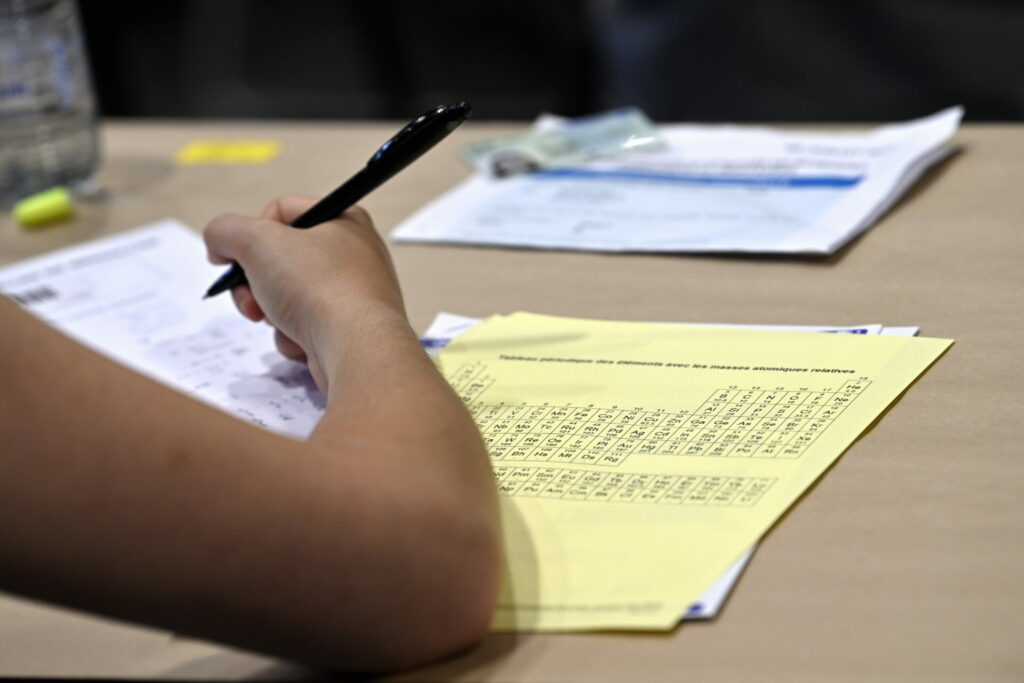In light of the worsening performance of pupils at Dutch-speaking schools in Flanders and Brussels, the "Flemish Tests" — several rounds of tests to be held at four different stages in children's school careers starting next year — are being discussed.
The Flemish Government on Friday gave the green light to impose mandatory tests on pupils in the fourth (children aged 9 to 10) and sixth grades (11-12) of primary school and the second (13-14) and sixth years (17-18) of secondary education. The tests are being introduced in the fight against declining education quality and it is hoped they will be a way to monitor the quality of education by "keeping a permanent finger on the pulse of all pupils."
"This is a small revolution for our schools, but we need this measuring instrument if we want to boost our educational quality in a targeted way," said Flemish Minister of Education Ben Weyts. "At the moment, our education is sailing blind, or at least in thick fog."
“These tests have to be sat separately from the regular exams that are already taken by pupils. The school councils can decide to use the test results for assessments, but they can never be the only elements on which final grades are based,” Weyts’ spokesperson Michaël De Volder stated.
The content of the tests will have a focus on Mathematics and Dutch, as those are considered key subjects in the Flemish education system, but also because performances in these subjects have deteriorated most significantly.
"With the Flemish Tests, we are going to be able to hold a mirror up to our education," said Weyts. "We're never really going to be able to work on our quality of education if we don't know exactly where exactly what problems are."
National research needed
International comparative research has been highlighting the declining performance of pupils in Flemish education for many years. If the tests are put in place from 2024 onwards, it is hoped it will give schools the chance to compare themselves with similar schools and to intervene more quickly and in a more targeted way.
"We will then no longer be dependent on (expensive) international surveys, which are only organised every few years and only study a sample." Importantly, the test results will not be made publically accessible, as the government wants to prevent the rankings of schools. The draft decree will now go to the Flemish Parliament.
The concept of the centralised tests will be rolled out to around 21,000 pupils across 700 schools in May this year, including pupils in the fourth year of primary schools and among all second-year students in secondary education. This will help adjust the tests' difficulty level, while this 'dress rehearsal' will also help to practically prepare for the taking, such as the time that is needed.
The plans were previously criticised, among others by the Flemish Education Council (Vlor) which issued a very critical opinion, labelling the plans "insufficiently legally underpinned," adding that it "chafes with the freedom of education." However, the plan received a positive opinion from the Council of State, which rebuked this argument.
"By Flemish standards, this idea is revolutionary, but it has been around in other countries for a long time," Weyts concluded.

